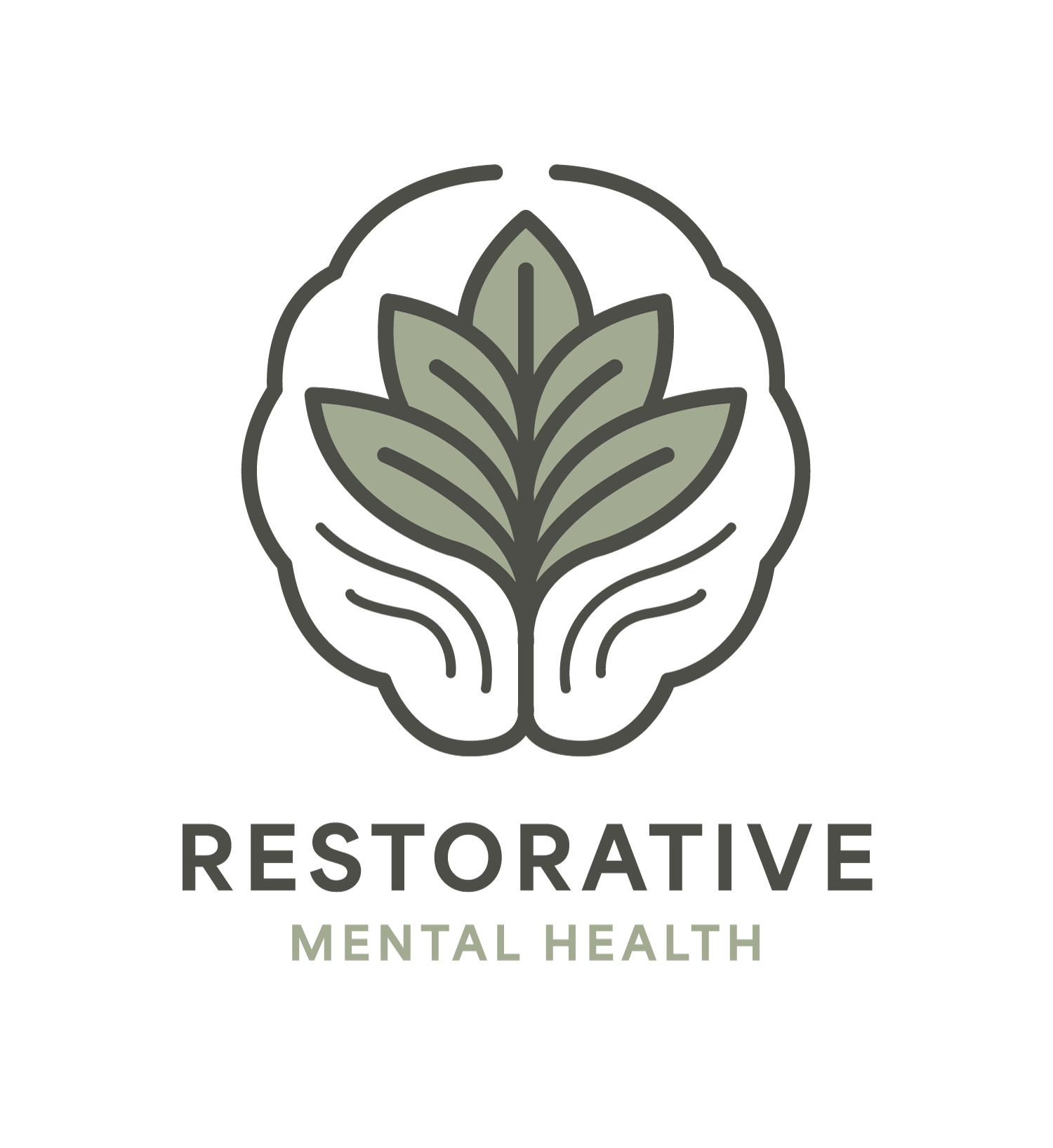Anxiety vs. Depression: What’s the Difference—and Can You Have Both?
Anxiety and Depression: The Differences and Similarities
Anxiety and depression are two of the most common mental health struggles out there. They can feel really overwhelming, and sometimes even show up together. But they’re not the same—and knowing the difference can help you or someone you care about find the right support.
What is Anxiety?
Anxiety is that jittery, nervous feeling that just won’t go away. It’s like your brain is stuck in overdrive, constantly worrying about what might happen. Everyone feels anxious sometimes, but anxiety becomes a problem when it sticks around too long or gets in the way of daily life.
Common signs of anxiety:
Feeling restless or on edge
Racing thoughts or nonstop worrying
Trouble sleeping
Hard to focus or sit still
Fast heartbeat or tense muscles
Always waiting for something bad to happen
What is Depression?
Depression is more than just feeling sad. It’s a heavy, empty feeling that can last for weeks or months. You might lose interest in things you used to enjoy or just feel numb all the time.
Common signs of depression:
Feeling sad, empty, or hopeless
No energy, even for simple tasks
Sleeping too much or too little
Losing interest in hobbies or friends
Eating more or less than usual
Feeling worthless or guilty
Hard to concentrate
Thoughts of self-harm or not wanting to live
If you're ever having thoughts of hurting yourself, please reach out to someone you trust or contact a mental health professional right away. You're not alone.
How Are They Different?
Think of it like this:
Anxiety is all about fear and worry about the future—your brain is stuck on “what if?”
Depression is more about feeling low in the present—like nothing matters or feels good anymore.
Can You Have Both?
Yes, you can. In fact, many people experience anxiety and depression at the same time. It can feel confusing—like your brain is running wild but your body has no energy. That’s why it’s helpful to talk to a mental health professional who can sort out what’s going on and guide you through it.
What Can Help?
The good news? Both anxiety and depression are treatable.
Therapy (like CBT or talk therapy)
Medication (if needed)
Healthy habits (sleep, movement, food, connection)
Support from friends, family, or a therapist
You don’t have to figure it all out alone.
Final Thoughts
Anxiety and depression can feel really different—or sometimes blend together. Whatever you’re going through, just know that it’s valid, it’s real, and help is out there. Reaching out for support is a strong first step toward feeling better.
